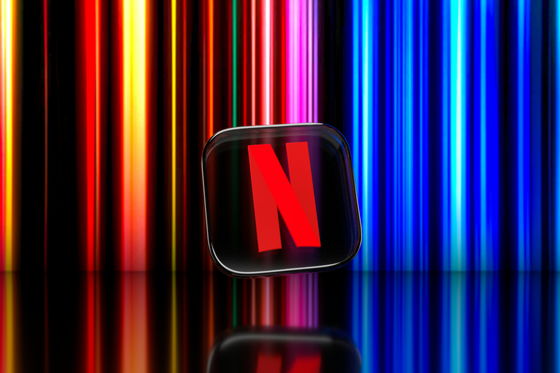Netflix publishes rules for creators on generative AI use

Netflix, a video streaming service, has published several guidelines it wants creators of original content distributed on its platform to follow when using generative AI. Netflix welcomes video producers to use generative AI, but says that because it is a sensitive field, there are certain guidelines it wants them to follow.
Netflix wants its partners to follow these rules when using gen AI | The Verge
Netflix has come under fire for using AI-generated images instead of actual photographs in the 2024 crime documentary ' What Jennifer Did, ' directed by Jenny Popplewell. The photo in question, shown below, shows the woman's hands in disarray, making it clear that it was an AI-generated image. Because the photos used to depict people in the crime documentary were AI-generated, Netflix drew criticism, accusing them of 'creating fictional stories for entertainment purposes.'

After receiving criticism for its use of generative AI, Netflix added a page to
Using Generative AI in Content Production – Netflix | Partner Help Center
https://partnerhelp.netflixstudios.com/hc/en-us/articles/43393929218323-Using-Generative-AI-in-Content-Production

In the article, Netflix describes generative AI as a 'valuable creative tool' that 'makes it easy for users to rapidly create new and original media (video, audio, text, and images).' However, because generative AI is evolving at a rapid pace, Netflix noted that it needs to clarify the rules that partners must respect when using these tools.
Netflix states, 'To support global production and adhere to best practices, we ask all production partners to share their intended use of generative AI with a Netflix representative. This is especially important as new tools emerge, each with different capabilities and risks.' 'Most low-risk use cases that follow the guidelines below will not require legal review. However, those involving final deliverables, talent likenesses, personal data, or third-party intellectual property will require written approval before proceeding,' the company says, clarifying that it is its policy to require creators to explain any content generated using generative AI.
Netflix presents five specific examples of generative AI best practices that they believe are 'essential for acting responsibly when adopting generative workflows.'
The output does not copy or substantially reproduce any identifiable features of any unowned or copyrighted material, nor does it infringe any copyrighted work.
The generation tools used do not store, reuse, or train on the input or output of the generated data.
Where possible, generation tools are used in a secure enterprise environment to protect input.
- The generated materials are temporary and are not part of the final product.
Generative AI will not be used to replace or generate new talent performance or union-eligible work without consent.

Netflix notes that if you are confident that your partner is adhering to these guidelines, you can simply communicate your intention to use generative AI to a designated company representative. However, if you are aware that your partner is not adhering to the guidelines or is not adhering to them, you should escalate to a Netflix representative for further guidance before proceeding, as written approval may be required.
Netflix is very open to its partners using generative AI in various ways, but has repeatedly emphasized that they should be mindful of the legal risks that may arise from not disclosing their plans to management and legal teams in advance. Netflix also emphasizes that it believes 'viewers should be able to trust what they see and hear on their screens.' Furthermore, Netflix urges its partners to proceed with caution, considering the possibility that generative AI 'might blur the line between fiction and reality or unintentionally mislead viewers.'
While the Partner Help Center post doesn't mention production costs, Netflix co-CEO Ted Sarandos previously said, 'We believe AI offers an incredible opportunity for creators to not only save money on movies and series, but to make them better.' Sarandos cited the Argentine sci-fi series ' Eternauta ' as a good example of using AI to produce shows on budget, and The Verge points out that 'Netflix is urging other creative teams to adopt a similar workflow.'
Netflix reveals it used generative AI to cut costs on popular original series - GIGAZINE

Related Posts:







